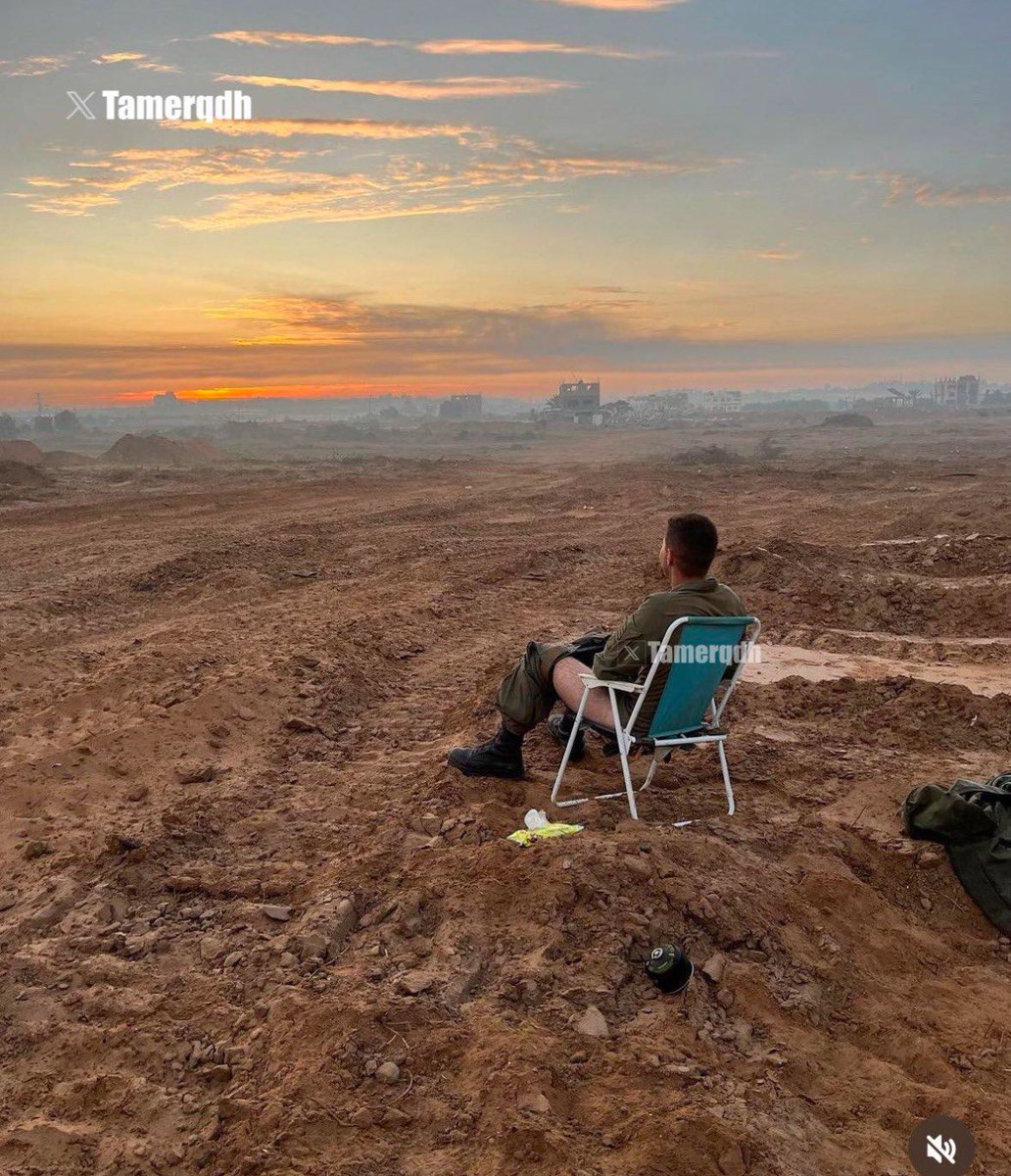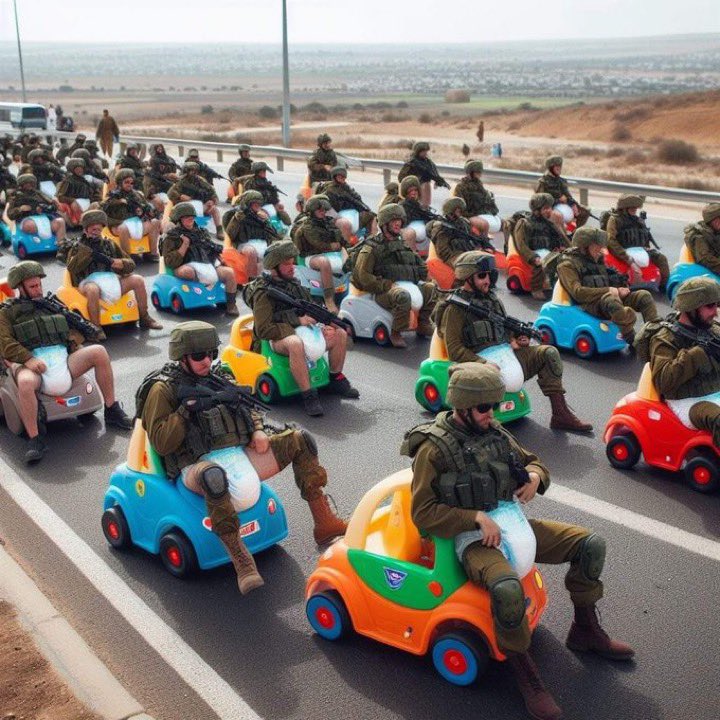The actions described—soldiers posting images of themselves in diapers, wearing stolen women's lingerie, and engaging in overt sexual behavior in a war zone—are deeply problematic and can be analyzed from various ethical and moral perspectives:
Human Dignity and Respect: Such actions can be seen as a profound disrespect to the dignity of those whose homes were looted and whose personal belongings were taken. The act of wearing stolen lingerie, for instance, is not only an invasion of privacy but also mocks and dehumanizes the victims whose property it once was. Posts on X highlight a sentiment that this behavior is dehumanizing and indicative of a broader trend of disrespect towards civilians in conflict zones.
Military Conduct and Professionalism: From a military ethics standpoint, soldiers are expected to maintain a level of professionalism and decorum, especially in conflict zones where they represent their country's values and discipline. Such behavior undermines military professionalism, suggesting a lack of discipline or respect for the rules of engagement and the laws of war that call for respect towards civilian property and dignity. Historical research, like that discussed in "What Soldiers Do: Sex and the American GI in World War II France," shows that inappropriate behavior by soldiers can cause significant tension and moral questions, although the context here is different.
Psychological and Moral Evaluation: The acts described might be viewed as symptoms of psychological issues or a breakdown in moral judgment under the stresses of war. They could be indicative of a broader moral disengagement where soldiers might not see the humanity in those they are fighting against or among whom they are stationed. This aligns with discussions around Antisocial Personality Disorder or other behavioral issues where individuals might show disregard for others' rights or feelings.
Public Perception and Morality: Publicly sharing such images can lead to a significant backlash, both domestically and internationally, as it tarnishes the image of the military involved. From a moral standpoint, calling these soldiers "sick bastards" could be seen as a reaction to the perceived disgust, outrage, and moral indignation over such actions, reflecting a societal judgment on the behavior rather than the individuals themselves.
Legal and Ethical Considerations: While the term "sick bastards" is colloquial and harsh, from a legal viewpoint, these actions might violate military codes of conduct or international laws regarding the treatment of civilians in war zones, potentially leading to disciplinary action or more severe consequences.
In conclusion, while the use of such strong language might be emotionally charged, the behaviors described are widely recognized as morally reprehensible in both civilian and military contexts. They breach codes of conduct, human respect, and international norms governing warfare. The moral justification for such a label would hinge on one's view of moral outrage versus the need for more nuanced discussion about the psychological impacts of war, the importance of military discipline, and respect for human dignity. However, the consensus from available sources suggests these actions are deeply unethical and deserving of condemnation.


